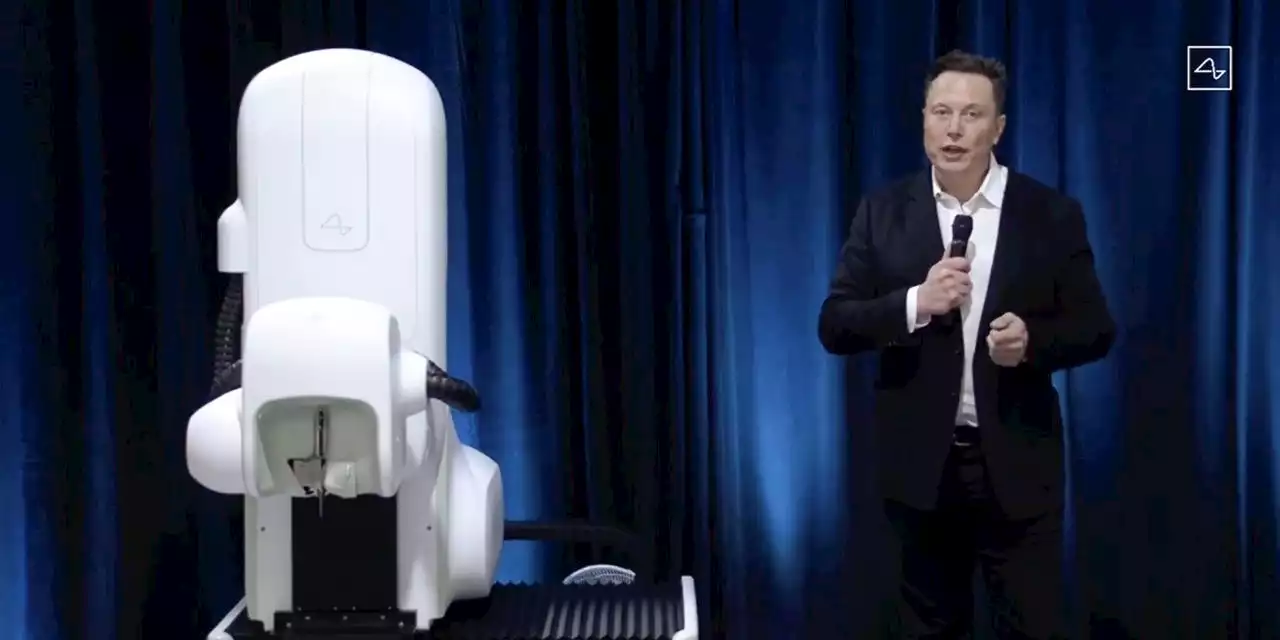A daily multivitamin – an inexpensive, over-the-counter nutritional supplement – may help slow memory loss in people ages 60 and older, a large U.S. clinical trial suggests.
Manson and Sesso reported grants to their institution from Mars Edge, which is a unit of the food company, Mars, and which focuses on nutrition research and produces the dietary supplement CocoaVia. Several of the 10 authors of the research also reported financial support from the National Institutes of Health.
Multivitamins already are popular with older Americans; 39 percent of adults ages 60 and older take multivitamins, according to the Centers for Disease Control and Prevention. U.S. sales of multivitamins and multivitamins with minerals totaled about $8 billion in 2020, according to NIH.The latest trial included more than 3,500 participants ages 60 and older who completed web-based assessments of memory and cognition annually over three years.
The finding is especially important because the brain, as all other organs in the body, requires nutrients for optimal functioning and can suffer cognitively without them, brain-health experts said. Paul E. Schulz, professor of neurology and director of the Neurocognitive Disorders Center at the McGovern Medical School at UTHealth Houston, said the brain requires a lot of vitamins and minerals to function properly. “Think of a complicated engine that requires lots of specialty parts and needs them all,” said Schulz, who also was not part of the study. “We regularly see people who are deficient in them who come in with cognitive impairment.
Curiously, both studies suggest that participants who derived the greatest benefits may have been those with a history of cardiovascular disease, the researchers said.
United States Latest News, United States Headlines
Similar News:You can also read news stories similar to this one that we have collected from other news sources.
 New Study Confirms: 20% of Adults Don’t Want ChildrenIn the previous summer, Michigan State University researchers announced that approximately 1.7 million adults in Michigan, about one in five, have opted not to have children, hence living a child-free life. This figure was notably large, surprising many, and has since been confirmed by a subsequent
New Study Confirms: 20% of Adults Don’t Want ChildrenIn the previous summer, Michigan State University researchers announced that approximately 1.7 million adults in Michigan, about one in five, have opted not to have children, hence living a child-free life. This figure was notably large, surprising many, and has since been confirmed by a subsequent
Read more »
 US study finds 1 in 10 get long COVID after omicron, starts identifying key symptomsA U.S. study suggests 1 in 10 people are getting long COVID after an omicron infection, a lower estimate than earlier in the pandemic. The National Institutes of Health is studying nearly 10,000 U.S. adults to help better understand why some people suffer debilitating health problems that can last for months or years after even mild COVID-19. In the Journal of the American Medical Association, researchers identified a dozen key symptoms that help distinguish long COVID. They say doctors shouldn't use the list to diagnose patients — it's only a first step — but it might help future studies.
US study finds 1 in 10 get long COVID after omicron, starts identifying key symptomsA U.S. study suggests 1 in 10 people are getting long COVID after an omicron infection, a lower estimate than earlier in the pandemic. The National Institutes of Health is studying nearly 10,000 U.S. adults to help better understand why some people suffer debilitating health problems that can last for months or years after even mild COVID-19. In the Journal of the American Medical Association, researchers identified a dozen key symptoms that help distinguish long COVID. They say doctors shouldn't use the list to diagnose patients — it's only a first step — but it might help future studies.
Read more »
 Saturn's rings could quickly disappear, new study warnsNew research claims that Saturn's rings, while still very young, could disappear in the next few hundred million years.
Saturn's rings could quickly disappear, new study warnsNew research claims that Saturn's rings, while still very young, could disappear in the next few hundred million years.
Read more »
 US Study Finds 1 in 10 Get Long COVID After Omicron, Starts Identifying Key SymptomsAbout 10% of people appear to suffer long COVID after an omicron infection, a lower estimate than earlier in the pandemic, according to a study of nearly 10,000 Americans that aims to help unravel the mysterious condition.
US Study Finds 1 in 10 Get Long COVID After Omicron, Starts Identifying Key SymptomsAbout 10% of people appear to suffer long COVID after an omicron infection, a lower estimate than earlier in the pandemic, according to a study of nearly 10,000 Americans that aims to help unravel the mysterious condition.
Read more »
 Elon Musk's Neuralink says it has FDA approval for first human clinical studyNeuralink has been working for years on a brain-computer interface through brain implants.
Elon Musk's Neuralink says it has FDA approval for first human clinical studyNeuralink has been working for years on a brain-computer interface through brain implants.
Read more »
 1 in 10 get long COVID after omicron, key symptoms identified, US study findsA U.S. study suggests 1 in 10 people are getting long COVID after an omicron infection, a lower estimate than earlier in the pandemic.
1 in 10 get long COVID after omicron, key symptoms identified, US study findsA U.S. study suggests 1 in 10 people are getting long COVID after an omicron infection, a lower estimate than earlier in the pandemic.
Read more »
